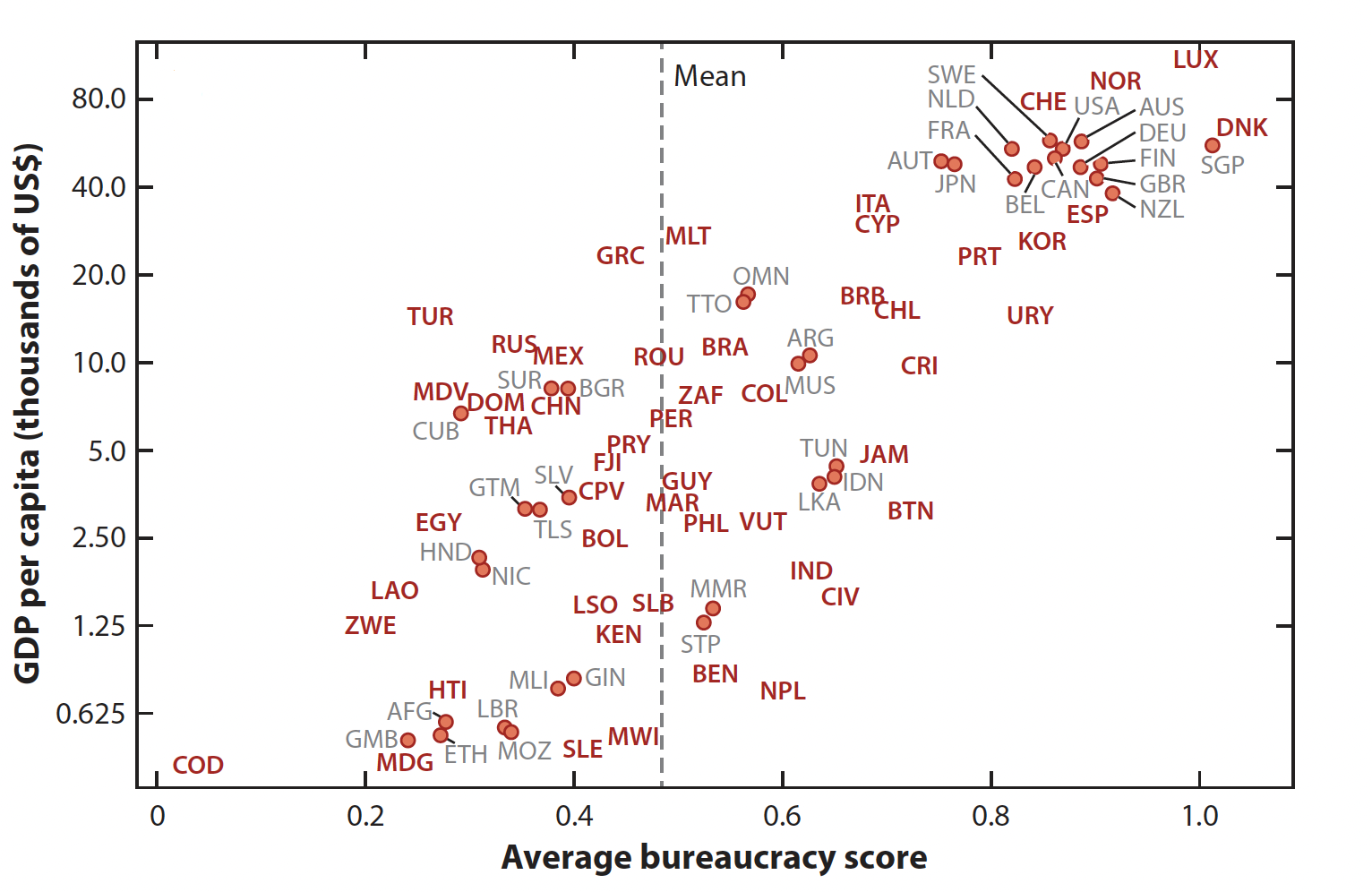Listen to Robin Burgess discussing his research research in a VoxDev Talk with Tim Phillips. Topics discussed are the motivation of civil servants, recent evidence on poverty traps, and the political economy of electricity:
Bureaucracy and Development
With Timothy J. Besley, Adnan Khan and Guo Xu
The Annual Review of Economics, 2022, 14: 397-424.
Abstract
The Economics of Tropical Deforestation
With Clare Balboni, Aaron Berman and Benjamin A. Olken
Forthcoming, The Annual Review of Economics
Abstract
Demand for Electricity on the Global Electrification Frontier
With Michael Greenstone, Nicholas Ryan and Anant Sudarshan
Working Paper
Press Coverage: The Economist, IGC Blog, Forbes
Abstract
Short Video
Full Documentary
The Consequences of Treating Electricity as a Right
With Michael Greenstone, Nicholas Ryan and Anant Sudarshan
Journal of Economic Perspectives, 2020, 34(1): 145-169.
Press Coverage: IGC Blog
Abstract
Short Video
Full Documentary
The Search for good jobs: Evidence from a Six-Year Experiment in Uganda
With Oriana Bandiera, Vittorio Bassi, Imran Rasul, Munshi Sulaiman and Anna Vitali
Revise and Resubmit, Journal of Labor Economics
Press Coverage: J-PAL blog
Abstract
Cycles of Fire? Politics and Forest Burning in Indonesia
With Clare Balboni, Anton Heil, Jonathan Old, and Ben Olken
The American Economic Association: Papers & Proceedings
Published paper Online Appendix
Abstract
The Origins and Control of Forest Fires in the Tropics
With Clare Balboni and Ben Olken
Resubmitted, The Review of Economic Studies
Abstract
The Glittering Prizes: Career incentives and bureaucrat performance
With Guo Xu, Marianne Bertrand and Arunish Chawla
The Review of Economic Studies, 2020, 87(2): 626-655
Published Paper Online Appendix Replication Files
Press Coverage: ThePrint
Abstract
Tackling Youth Unemployment: Evidence from a Labor Market Experiment in Uganda
With Livia Alfonsi, Oriana Bandiera, Vittorio Bassi, Imran Rasul, Munshi Sulaiman, and Anna Vitali
Econometrica, 2020, 88(6): 2369-2414
Published Paper Online Appendix
Microeconomic Insights article
Press Coverage: J-PAL VoxDev Video
Abstract
Video
Why Do People Stay Poor?
With Oriana Bandiera, Clare Balboni, Maitreesh Ghatak and Anton Heil
The Quarterly Journal of Economics , 2022, 137(2): 785-844
Published paper Online Appendix Oriana's Slides
Press Coverage: VoxDev (Clare's Video), Of Dollars and Data, VoxDev (Maitreesh's Video), LSE Research for the World Magazine
Abstract
econimate video
Conference Presentation
Organization of the State: Home Assignment and Bureaucrat Performance
With Guo Xu and Marianne Bertrand
The Journal of Law, Economics and Organization, 2021
Abstract
The Political Economy of Deforestation in the Tropics
With Matthew Hansen, Ben Olken, Peter Potapov and Stefanie Sieber
In: The Quarterly Journal of Economics, 2012, 127(4): 1707-1754
Published Version Replication Data Online Appendix
Press Coverage: BOS Australia











